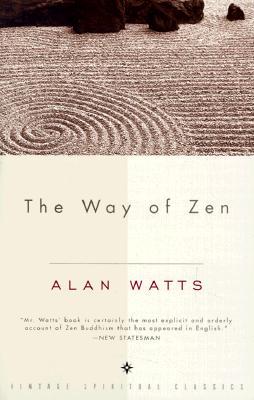Most fundamentally, for myself at least, the key principle of Zen Buddhism, and of Buddhism in general, is to let go of distinctions between self and object. Between you, the I, the centre of experience, and the “exterior” world. This distinction, Watts explains, is artificial; we imagine ourselves as “bags of skin” closed off to the outside world, when every part of the universe is one part of the same cosmic process. We are as inextricable from the universe as every star and galaxy. For more on this, I would also recommend Watts’ The Book on the Taboo Against Knowing Who You Are.
Zen, in the simplest sense, encourages spontaneous action, naturalness, freedom from agonising over every decision. “For a man rings like a cracked bell when he thinks and acts with a split mind -- one part standing aside to interfere with the other, to control, to condemn, or to admire. But the mind, or the true nature, of man cannot actually be split.” To try to act naturally is an affectation. Equally, to try not to act naturally is an affectation. The realisation, then, is that you cannot do anything besides live the truest life. You can only delude yourself about not already being there. Zen, then, has nothing to teach: you are already there. Simply stop deluding yourself. Peace and understanding await; just cross your legs, close your eyes and breathe deeply. Don’t think about it.

 RSS Feed
RSS Feed
